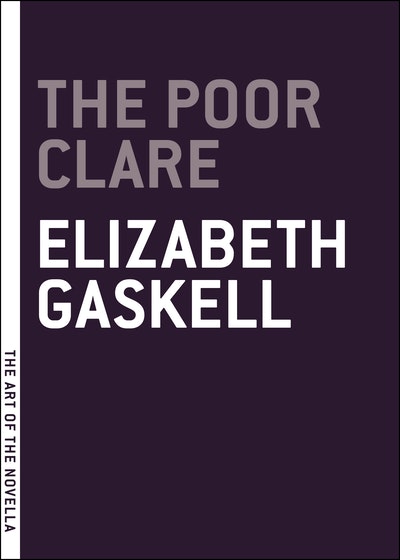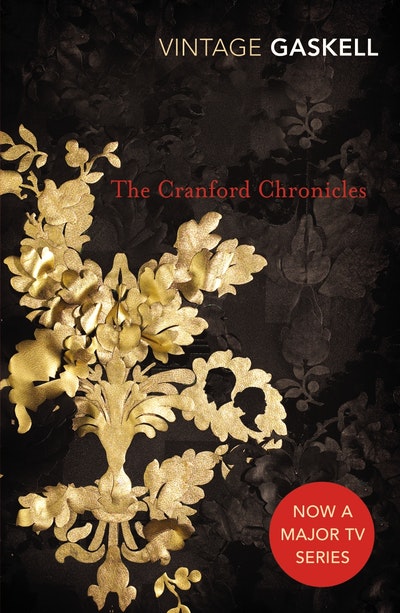[]
- Published: 15 August 2013
- ISBN: 9781612192185
- Imprint: Melville House
- Format: Paperback
- Pages: 96
- RRP: $19.99
The Poor Clare
Formats & editions
Buy from…
- Published: 15 August 2013
- ISBN: 9781612192185
- Imprint: Melville House
- Format: Paperback
- Pages: 96
- RRP: $19.99
Praise for The Poor Clare:
"Mrs. Gaskell has added to the number of those works of fiction--of which we can not perhaps count more than a score as having been produced in our own time--which will outlast the duration of their novelty and continue for years to come to be read and relished for a higher order of merits." --Henry James









